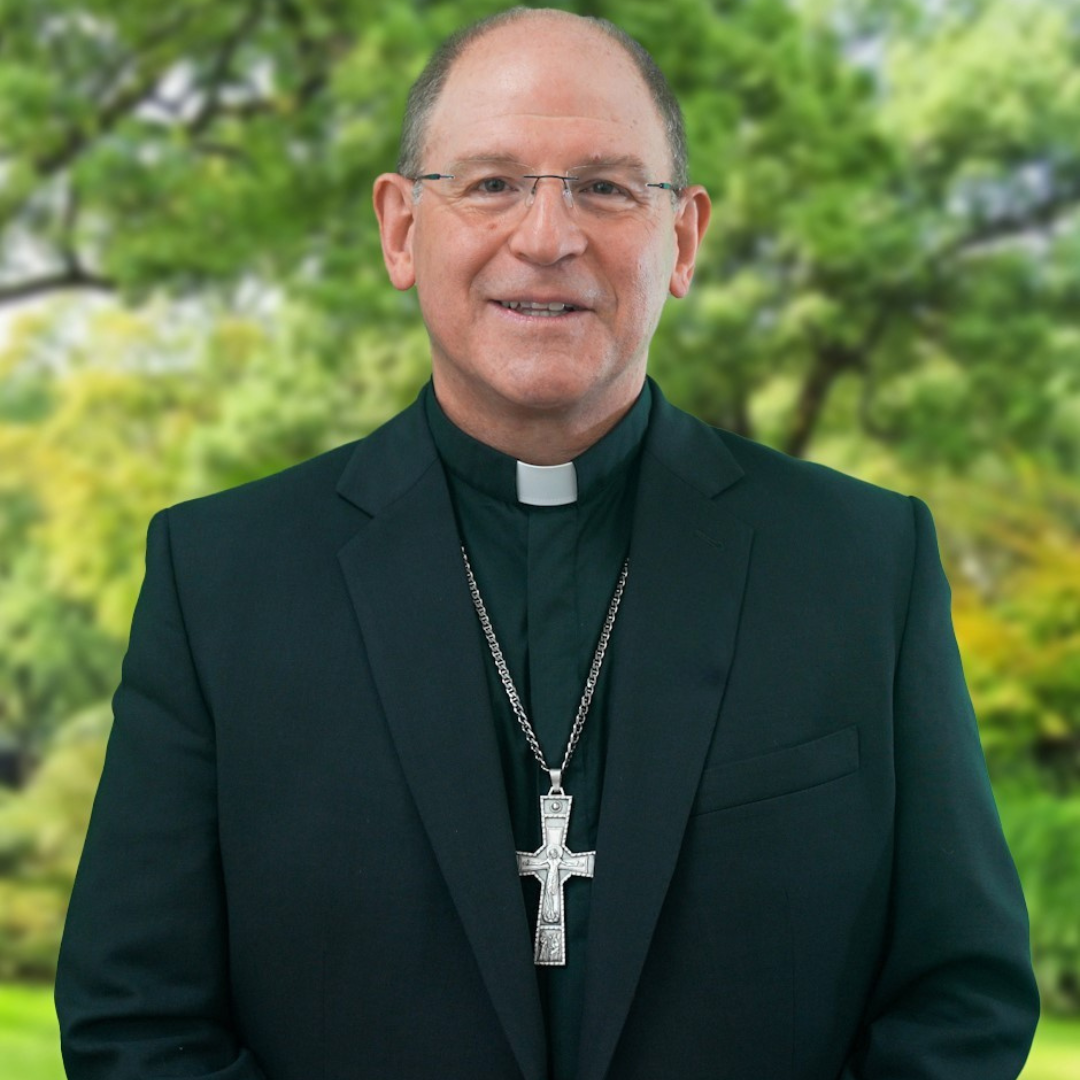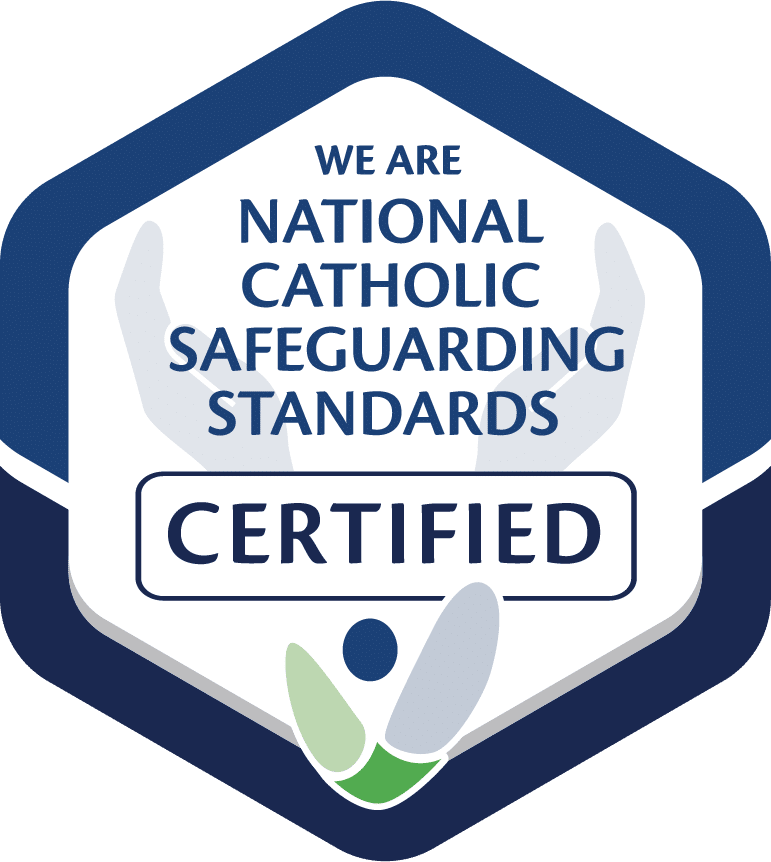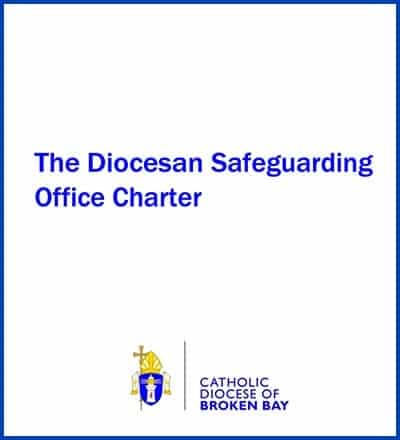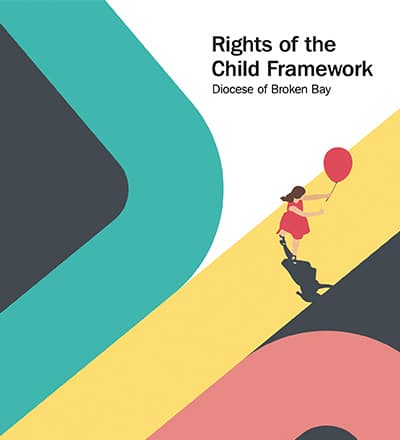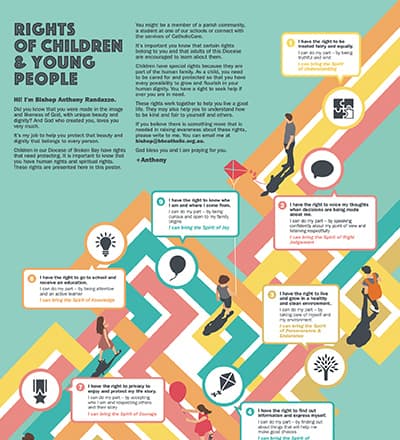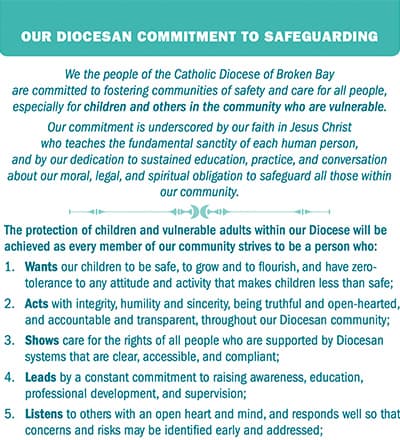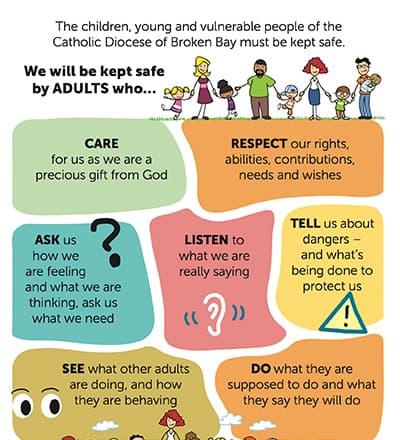A culture of safeguarding children and adults is championed at all levels of the Diocese from the top down and bottom up. A strong safeguarding culture is embedded across our Diocese and leaders are proactive in promoting safeguarding and the dignity of everyone and ensure there are systems and practices to actively monitor safeguarding compliance and risk management. We emphasise that safeguarding children and adults is everyone’s responsibility, and we provide ongoing education programs to build awareness and prevent abuse. Our Diocesan code of conduct sets clear behavioural standards towards children and adults. Our Diocesan policies and procedures are aligned and comply with the NSW Child Safe Standards, the National Catholic Safeguarding Standards (NCSS), and the National Catholic Church Code of Conduct, Our Common Mission and Integrity in our Common Mission.
We are committed to the National Catholic Safeguarding Standards.
We take our legal, moral, and spiritual responsibility of ensuring a safe environment for all, seriously. Learning from the lessons of the past, we are committed to a journey of continual improvement and accountability to our communities. We have openly embraced our commitment to Australian Catholic Safeguarding Ltd Audit and Review Program. The Audit and Review framework includes a range of assessment tools to undertake a risk-based assessment of the safeguarding culture of our Chancery and Parishes. Australian Catholic Safeguarding Ltd publishes the completed Audit reports on their website.
On 24 October 2024, the Diocese of Broken Bay welcomed the publication of its first external Audit Report against the National Safeguarding Standards (NCSS) recently undertaken by Demetrius Consulting. The Board of Australian Catholic Safeguarding Limited (ACSL) and its Audit Review Committee confirmed that the Audit scope has been fulfilled.
The Diocese of Broken Bay is the first Diocese in Australia to have a NCSS Audit completed by an external auditor listed on ACSL’s NCSS Auditor Register.
The Diocese is pleased to report that 100% of the relevant NCSS indicators were developed and 96% of those already embedded in the Diocese. The full report can be read here.

